AI in Arbitration: 2025 Trends Every Practitioner Should Know
Artificial intelligence (AI) has officially entered the arbitration room. No longer limited to legal tech conferences or speculative panels, AI is now actively reshaping how arbitrators, counsel, and institutions conduct and manage disputes. In 2025, the legal industry is transitioning from discussion to deployment.
In this post, we explore the most important AI in arbitration trends for 2025. These developments reflect not only new technologies, but also shifting expectations around speed, cost-efficiency, trust, and transparency in international dispute resolution.
1. Algorithmic Summarisation and the "Wow Factor"
AI is increasingly used to summarise case law, extract precedent, and generate streamlined legal narratives. But as explored in this article on human cognition, the psychological impact of AI-generated outputs is as important as the technology itself.
The danger isn’t just bias in the training data—it's epistemic deference. Judges and arbitrators may over-rely on impressively fluent, AI-generated content without sufficient scrutiny. This is further explored in our roundup on algorithmic decision-making, which frames this issue within broader institutional and legal concerns.
2. Institutional AI Integration Is Accelerating
As detailed in the recent conference recap, AI is no longer seen as experimental. Panels of arbitrators, in-house counsel, and academics debated whether arbitrators should be required to use generative AI to perform administrative tasks more efficiently.
ArbTech’s earlier post on institutional innovation further demonstrates that adoption is not theoretical—it's in motion.
3. Smart Contracts and Blockchain Disputes on the Rise
Disputes arising from smart contracts and decentralised autonomous organisations (DAOs) continue to grow. These cases pose new challenges for jurisdiction, enforcement, and interpretation.
Our article on Web3 in arbitration explores the tensions between programmable contracts and traditional legal frameworks. Additional context is provided in this breakdown of DAO legal status, which unpacks jurisdictional uncertainty.
4. AI Tools in Drafting, Review, and Strategy
AI-powered tools are transforming legal workstreams. Lawyers now use machine learning and LLMs (large language models) to:
Draft initial versions of pleadings and submissions
Conduct predictive outcome modelling
Generate procedural timetables and summaries
Enhance research accuracy
Our article on ChatGPT in arbitration outlines how tools like CoCounsel and GPT-4 are now embedded in practice.
5. Regulation and Bias in Legal AI
As more jurisdictions adopt AI regulation (such as the EU AI Act), legal professionals must become familiar with compliance obligations.
Bias, explainability, and data provenance are now legal issues, not just technical ones. Learn more in this article on transparency. These concerns are also explored in our post on tiny data and quantum computing, where explainability is a key theme.
6. AI in Arbitration Demands Cognitive Literacy
Beyond technical skills, practitioners must develop cognitive awareness about how AI influences human judgment. As we shift into hybrid human-AI workflows, training in critical evaluation of algorithmic outputs becomes essential.
Our post on human-AI interaction offers a powerful lens into the psychology of trust and perceived authority in legal reasoning. This complements our thoughts on ethical design, and connects directly to our latest piece on constitutional AI—a governance-first approach to embedding fairness, transparency, and human oversight into AI systems.
7. The Road Ahead: Collaboration, Not Replacement
AI will not replace arbitrators in 2025. But it will continue to augment and reshape how we prepare, evaluate, and manage disputes.
As Lexie Gao notes in her AAA-ICDR conference recap, the future of dispute resolution depends on our ability to combine human oversight with intelligent systems. This means designing for transparency, inviting scrutiny, and treating AI as a powerful assistant—not a silent authority.
For further reading:
Want more on legal AI, arbitration tech, and regulatory shifts?
Explore ArbTech’sAI & Arbitration blog series or subscribe to our newsletter.

